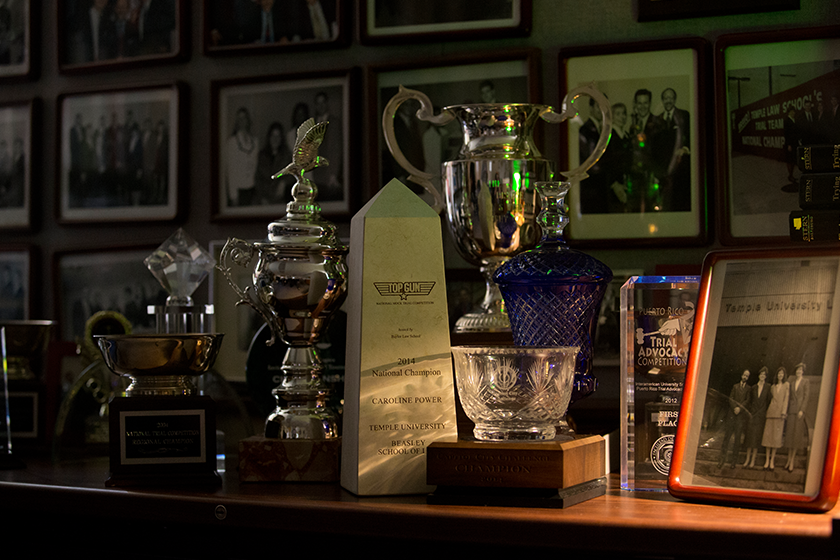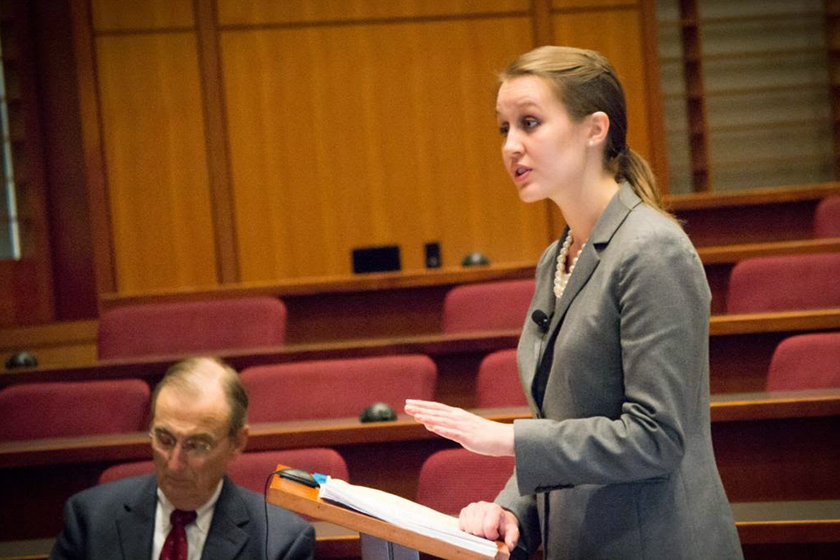Why Achieving Diversity Remains a Challenge
I recently had the opportunity to gather with colleagues from across Temple University for a popular discussion series called “Can We Talk?” I chose as my topic the question of why diversity is so difficult to accomplish, and what might make it easier. Of course, neither question can be answered to anyone’s satisfaction in an hour, no matter how robust and sincere the conversation. But that doesn’t mean it isn’t an important conversation to begin, and to continue whenever possible. I think it’s important, though, to offer a few observations up front. First, I think it is important to recognize that however much it is desired (in theory or in reality), diversity doesn’t come naturally. While a lot of people express support for it – and even a desire for it, we’re not all clear on what “it” even is, let alone how to achieve it. Second is the matter of vocabulary. The word itself sometimes gives off the connotation of “forced mixing,” which sounds like work or something even less voluntary. And third, the …





